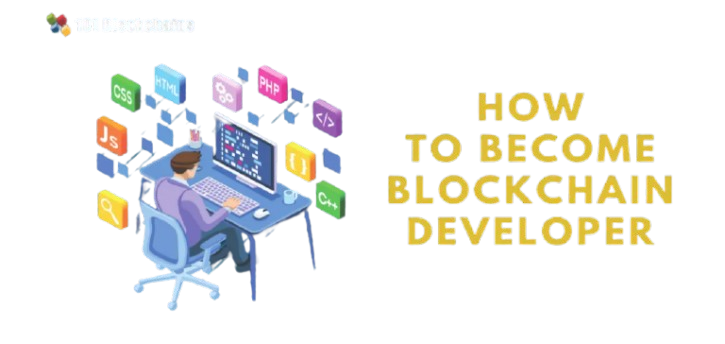In recent years, blockchain technology has emerged as one of the most revolutionary innovations in the digital space. More than just the backbone of cryptocurrencies like Bitcoin and Ethereum, blockchain is reshaping the way we handle digital transactions, decentralize data, and connect the global economy.
What Is Blockchain ? - 🔐
At its core, blockchain is a decentralized digital ledger that records transactions across multiple computers. This ensures that the data is transparent, secure, and tamper-proof. Unlike traditional databases controlled by a central authority, blockchain operates on a peer-to-peer network, where every node has access to the entire chain of records.
Digital Transactions — Faster, Safer, Smarter - 💳
Blockchain streamlines digital transactions by eliminating intermediaries. Payments, contracts, and asset transfers can happen directly between users, reducing costs and increasing speed. Thanks to cryptographic encryption and consensus algorithms, transactions on a blockchain are highly secure and transparent, leaving little room for fraud.
Use cases include:
. Cryptocurrencies (e.g., Bitcoin, Ethereum)
. Cross-border payments
. Smart contracts for automated agreements
. Supply chain verification
. Digital identity verification
The Power of Decentralization - 🌐
Traditional systems rely on central entities (banks, corporations, governments) to store and manage information. Blockchain challenges this by offering decentralization, meaning no single point of failure and greater resilience. This shift empowers users with greater control over their data, reduces censorship, and fosters trustless systems where transparency is built-in.
Enabling Global Connectivity - 🌍
Blockchain is also bridging geographical and economic divides, allowing people in underbanked or remote regions to access global financial systems, own digital assets, and participate in decentralized platforms. Technologies like Web3, NFTs, and DeFi (Decentralized Finance) are pushing this revolution forward, creating a borderless digital economy.
Industries Being Transformed - ⚙️
Beyond finance, blockchain is transforming:
. Healthcare – Securing patient records and ensuring data integrity.
. Real Estate – Simplifying property transactions with smart contracts.
. Education – Certifying degrees and diplomas on the blockchain.
. Voting – Enabling secure, transparent online elections.
. Entertainment – Empowering creators with direct ownership via NFTs.
Challenges and the Road Ahead - 🛠
While promising, blockchain isn’t without challenges — including scalability, energy consumption, and regulatory uncertainty. However, ongoing innovations like Layer 2 solutions, proof-of-stake consensus, and interoperability frameworks are addressing these issues rapidly.
As adoption grows, we’re moving toward a future where blockchain becomes the foundation of secure, decentralized, and intelligent systems that power everything from banking to the metaverse.


